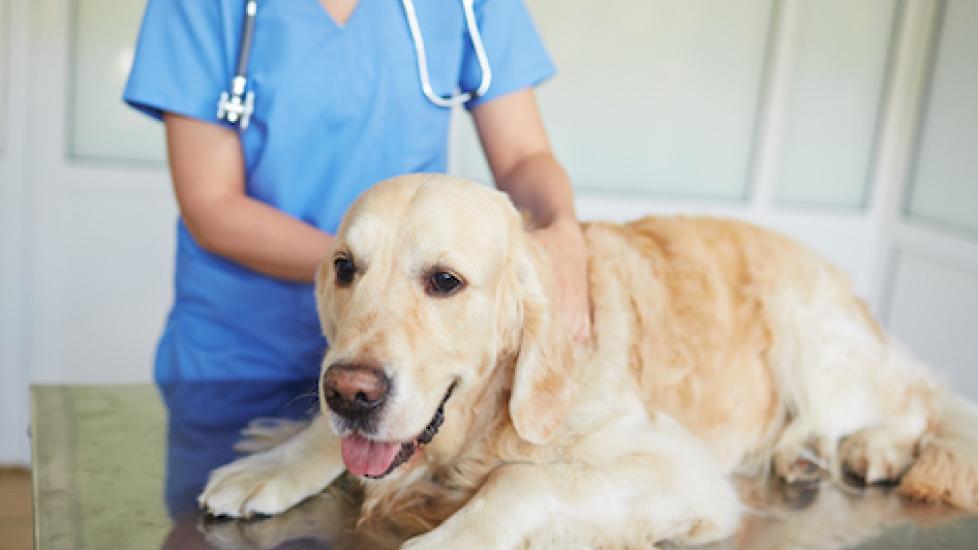As pet owners, we often overlook the importance of regular check-ups and preventive care for our beloved companions. One such crucial aspect that may be overlooked is the rectal exam. While it might not seem like the most enjoyable part of your furry friend’s visit to the vet, it can provide valuable insights into their overall health. Here are ten reasons why your pet might need a rectal exam:
-
Assessment of Internal Organs: A rectal exam allows vets to feel the size and shape of organs such as the prostate gland in male dogs or the uterus in female animals. This helps identify any abnormalities or conditions that require further investigation.
-
Fecal Impaction Detection: Sometimes pets may have difficulty passing stool due to fecal impactions. During an exam, veterinarians can detect hardened stool within the rectum and recommend appropriate treatment.
-
Anal Glands Check: Many carnivorous pets (like cats and some breeds of dogs) have anal sacs that produce a smelly fluid. If these become impacted or infected, they can cause pain and discomfort. The rectal exam enables vets to express the glands if necessary.
-
Bowel Function Evaluation: By feeling the walls of the colon during a rectal exam, veterinarians can assess how well the bowel is functioning and whether there are signs of inflammation or other issues affecting digestion.
-
Cancer Screening: Tumors or growths on or near the rectum can sometimes be felt during an exam, allowing early detection and potential lifesaving treatments.
-
Infection Diagnosis: Bacterial infections or parasites within the digestive tract can lead to irritation and discharge from the anus. A rectal exam can help pinpoint the source of infection.
-
Constipation Assessment: Chronic constipation can indicate underlying problems with the gastrointestinal system, which a rectal exam can reveal.
-
Pain Relief: In cases where pets experience rectal pain or discomfort, a thorough examination can guide the vet towards finding the cause and providing relief.
-
Preoperative Preparation: Before certain surgeries involving the abdomen or pelvis, a rectal exam provides additional information about the patient’s condition and can influence surgical planning.
-
Overall Wellness: Just like with humans, routine physical exams for pets should include a comprehensive evaluation of all body systems, including the rectum. It’s one more way to ensure your pet lives a healthy life.
It’s important to note that while a rectal exam might make us squeamish, it’s a standard procedure for many species at the veterinary clinic. Done by professionals who understand animal behavior and anatomy, it’s typically quick, relatively noninvasive, and offers significant benefits to your pet’s health management plan. Open communication with your veterinarian will ensure you both understand when a rectal exam might be needed and what steps can be taken to keep your pet comfortable throughout the process.
